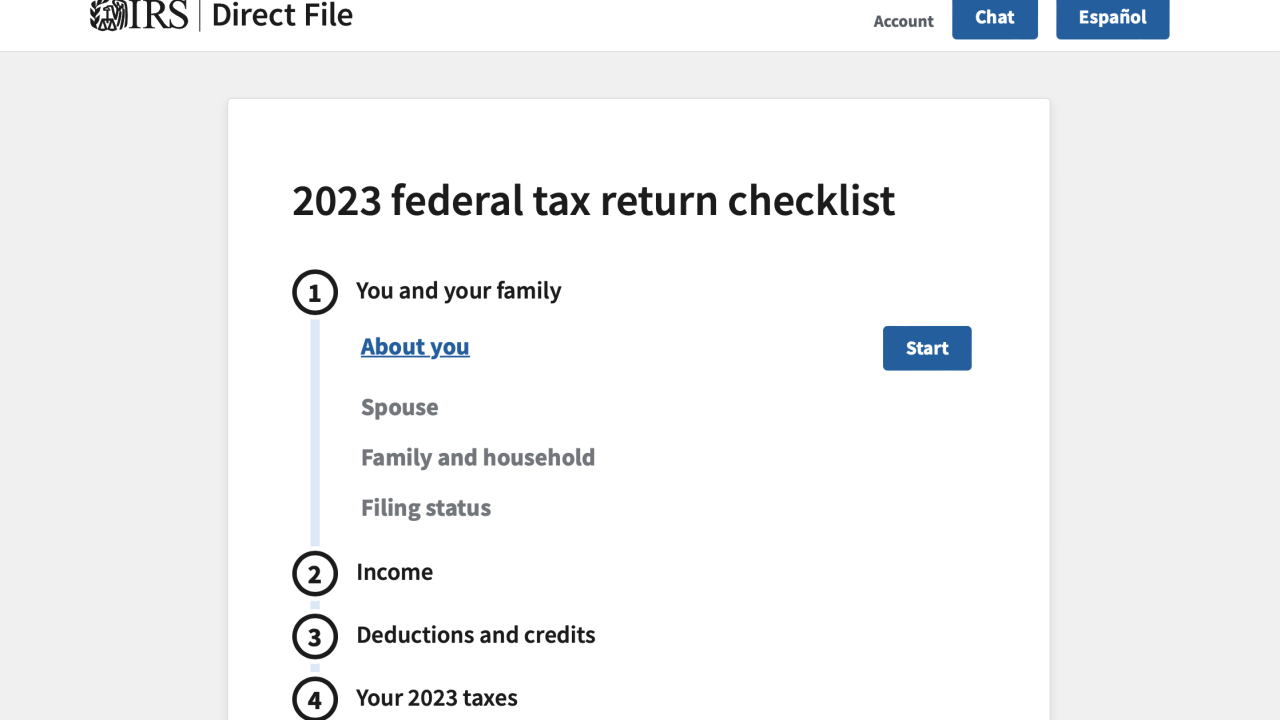The Public Accounts Committee in the British Parliament has issued a critical report blaming large accounting firms, particularly the Big Four, for contributing to tax avoidance.
“Confidence in our tax system can only be maintained if every company and every individual is seen to be paying their fair share of tax,” said Friday’s
The report noted that Her Majesty’s Revenue & Customs department appears to be “fighting a battle it cannot win in tackling tax avoidance.”
“Companies can devote considerable resource to ensure that they minimize their tax liability,” said the committee report. “There is a large market for advising companies on how to take advantage of international tax law, and on the tax implications of different global structures. The four firms employ nearly 9,000 people and earn £2 billion from their tax work in the U.K., and earn around $25 billion from this work globally. HMRC has far fewer resources. In the area of transfer pricing alone there are four times as many staff working for the four firms than for HMRC.”
The report acknowledged that the committee was pleased that the four firms agreed that international tax rules are out of date and need to change to reflect the reality of modern business. “Modern communications mean companies need as little as a computer and a handful of staff to set up a place of business in a tax haven,” said the report. “Under current tax rules, this can be enough to establish that they can pay their tax there, rather than where the business activity takes place. This is unfair to responsible companies based in the U.K. who do pay their fair share of tax.”
Prime Minister David Cameron’s government has expressed a commitment to reforming international tax laws, the report noted, but added that this will be a lengthy process.
“Until it happens, we are concerned that companies will continue to find ways to avoid paying tax where they actually do business,” said the report. “We believe that simplicity is key to fighting tax avoidance. The four firms agreed with us that tax law is too complex and a simpler system is in everybody's interests. It is disappointing that HM Treasury's Office of Tax Simplification is working with fewer than six full time staff and as a result has so far focused on abolishing unused tax reliefs, rather than being able to take a more radical approach to simplifying tax law. Removing unused reliefs may be good housekeeping, but it does little to tackle the problem of complexity and does not prevent the continued abuse of some tax reliefs, such as those to encourage investment in films or donations to charity. We intend to examine those tax reliefs that are widely used and may be subject to abuse at a future hearing.”
The four firms insisted that they no longer sell the type of very aggressive avoidance schemes that they sold 10 years ago, the report noted. “While this may be the case, we believe they have simply moved to advising on other forms of tax avoidance which are profitable for their clients; such as the complex operating models they offer to major corporate clients to minimize tax by exploiting the lowest international tax rates,” said the report. “The four firms have developed internal guidelines on where the line between tax planning and aggressive avoidance lies, but these principles do not stop them selling schemes with as little as a 50 percent chance of succeeding if challenged in court.”
The U.K. tax authorities need to consider the risk to the taxpayer of a protracted legal battle,” the report acknowledged.
“It would appear that firms and tax avoiders are taking advantage of the constraints under which HMRC is obliged to operate,” said the report. “Furthermore, HMRC is always constrained by resources. The close relationship that the four firms enjoy with government creates a perception that they wield undue influence on the tax system which they use to their advantage. They told us that they second staff to government to provide technical advice on changes to tax laws and that this has improved the quality of legislation. The witnesses conceded that this may give the perception that they are able to influence legislation to help their larger clients to the disadvantage of smaller U.K. businesses. More worryingly, we have seen what look like cases of poacher, turned gamekeeper, turned poacher again, whereby individuals who advise government go back to their firms and advise their clients on how they can use those laws to reduce the amount of tax they pay.”
Since the committee’s last hearing HMRC has announced that it is consulting on a set of draft rules to allow departments to ban tax-avoiding businesses from being awarded government contracts, the report noted.
“This is a step in the right direction, but the draft rules as they stand are narrowly focused and would not cover those companies providing tax advice,” said the report. “The draft rules would allow firms to win government contracts whilst also advising on schemes that allow their clients to avoid tax. We will want to monitor closely what rules emerge from the consultation process and how they are applied.”





